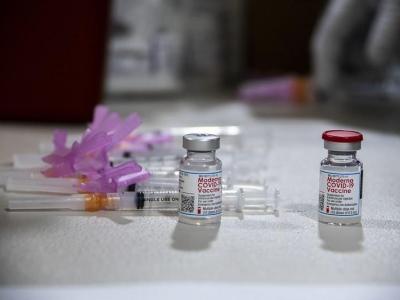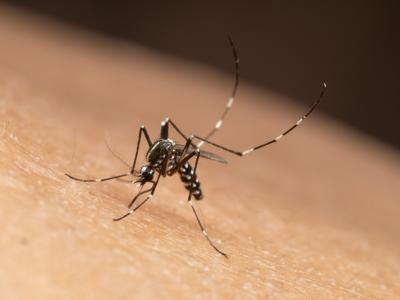Editor's Note: This article was updated in the afternoon of May 2 to reflect WHO confirmation and other details.
May 2, 2013 (CIDRAP News) – Saudi Arabia's health ministry has reported that five Saudis have died of novel coronavirus (nCoV) infections in the past few days, and two more case-patients are in intensive care, according to World Health Organization (WHO) and news media reports today.
The cases raise the global count of nCoV illnesses to 24, with 16 deaths. With the new cases, 17 of the 24 illnesses have involved Saudi Arabians.
"Preliminary investigation[s] show no indication of recent travel or animal contact of any of the confirmed cases. The confirmed cases are not from the same family," the WHO said in a statement.
The Saudi Press Agency released a health ministry statement saying that all the new cases occurred in the Al-Ahsa governorate in eastern Saudi Arabia, according to a BBC News report today. The report gave few details and offered no indication of whether any of the cases were linked—crucial information for a virus whose ability to spread from person to person is still unclear.
The health ministry said it was taking precautionary measures for contacts of the new case-patients and was testing them for the virus, according to the BBC report.
The Abu Dhabi–based newspaper The National quoted a Saudi official as saying the patients were treated at the same hospital. "All the cases that have been reported were in the same hospital in [Al-Ahsa]. We have not found any cases anywhere else in the eastern region," said Ziad A. Memish, MD, deputy minister for public health.
In its statement, the WHO encouraged nations to continue surveillance for severe acute respiratory infections and note any unusual patterns. "WHO is currently working with international experts and countries where cases have been reported to assess the situation and review recommendations for surveillance and monitoring," the agency said
The WHO continues to not advise screening at points of entry, and it does not recommend travel or trade restrictions.
The novel virus, which is related to the SARS (severe acute respiratory syndrome) virus, emerged in 2012 in the Arabian Peninsula. It is also related to bat coronaviruses and is suspected to have an animal source, but the source has not yet been identified. Some of the patients had visited farms before they fell ill.
No ongoing community transmission of the virus has been observed, but human-to-human transmission occurred in at least one of four family clusters of cases. The clusters involved healthcare workers in Jordan, two families in Saudi Arabia, and relatives of a UK man who had visited Saudi Arabia. In the UK cluster, the two family members who were infected secondarily had no known exposures other than to the first member who got sick.
Besides the 17 cases in Saudi Arabia, there have been 2 case-patients from Jordan, 2 from Qatar, 3 from the United Kingdom, and one from the United Arab Emirates (UAE), according to WHO and other reports. Most of the patients had severe pneumonia, in some cases accompanied by kidney failure, and only 2 of the first 17 cases were mild.
Before today's report, the most recent nCoV cases were reported in late March, when a Saudi and a UAE man were reported infected. The UAE man was a 73-year-old who was first treated in Abu Dhabi and later flown to Germany, where he died in a Munich hospital. The Saudi patient, who was a contact of an earlier case-patient, had a mild illness and recovered.
See also:
May 2 WHO statement
May 2 BBC News story
May 2 The National story
Apr 24 CIDRAP News item
Apr 25 WHO update on nCoV

















